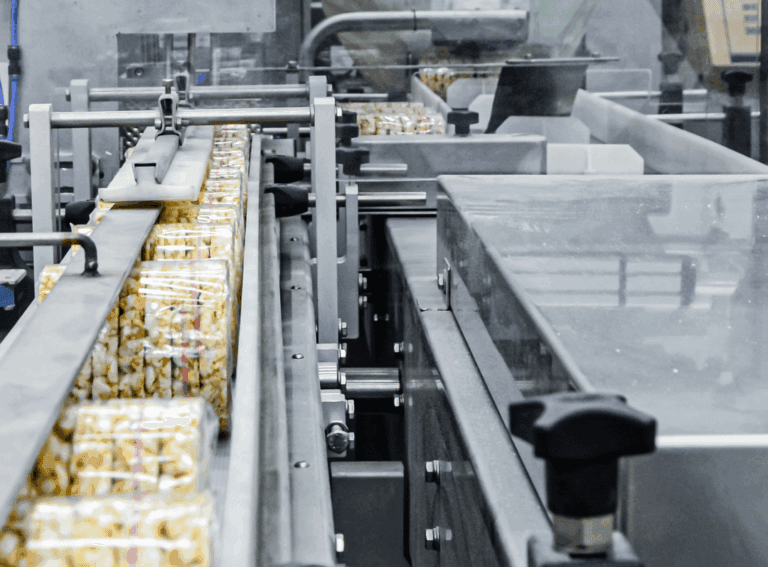EENOVA
Improving Energy Efficiency to Shape the Food Industry of Tomorrow

A GLOBAL CHALLENGE
Did you know that about 30% of the world's energy is consumed within the agricultural and food sector?
Energy is a vital resource at every stage of the food value chain, from the production of agricultural inputs to the final consumption by consumers.
While primary agriculture accounts for only about 20% of this energy, food processing, including transportation, contributes to a significant 40% of global energy consumption along agricultural value chains (FAO, 2022).
A GLOBAL CHALLENGE
This is where the EENOVA Project comes into play.
The EENOVA project aims at the re-thinking the food industry, making it not only more energy-efficient but also more environmentally friendly. By focusing on the key stages of food processing, logistics, and packaging, we aim to reduce the carbon footprint of the agri-food sector and help ensure a sustainable future for all.

Our focus is improving energy efficiency in the stages of food processing, as well as the closely linked areas of logistics and packaging. Our mission begins after primary production and extends right up to the products’ journey from the retailer’s warehouse to your home, including refrigerated storage, meal preparation, waste management, and wastewater treatment.
Sectoral & Geographical Scope
Our project engages five regional food hubs and value chain across Europe.
EENOVA aims to tackle some of the main challenges related to the food chain and its high dependence on fossil fuel, by putting an in-depth focus on energy-smart solutions, by assessing and increasing the level of energy efficiency, renewable energy while at the same time reducing the carbon intensity of 5 regional value chains in 5 different food processing subsectors, namely:

Bulgaria (BG)
Bulgaria (BG)

Romania (RO)

Austria (AT)

Lithuania (LT)

Slovenia (SL)
A PLACE BASED APPROACH
Leveraging Regional Dynamics in Food Processing Value Chains
Our methodology revolves around harnessing the unique regional characteristics of these value chains, primarily consisting of small and medium-sized enterprises (SMEs) and larger enterprises (LEs).
We achieve this by identifying common steps that promote awareness, collaboration, and the effective implementation of energy-efficient practices among individual companies belonging to specific food processing value chains.

THINKING SUSTAINABILITY
Promoting a Replication Model for Diverse Food Value Chains.
Drawing on the successes of our five case studies, EENOVA will develop an adaptable replication model that can be applied to other value chains within the same or different regions and sectors. The adoption of this model will be facilitated through the active involvement of key stakeholders, including sector associations and representatives from the finance sector.
Driving Energy Efficiency in the Food Industry
Latest News
Miran Božič, Planika Dairy: A new dairy crisis is at the door
Finance.si, 16 December 2025 Cows do not pay attention to market signals – Europe faces milk oversupply. Although signs of…
Read MoreWorking Together Locally: Cooperation in Bulgaria’s Wine Sector
Local cooperation between companies can be a powerful driver of…
Read MoreKnollmühle optimises energy consumption thanks to EENOVA
Through the EENOVA project, food processing companies in five European…
Read More

